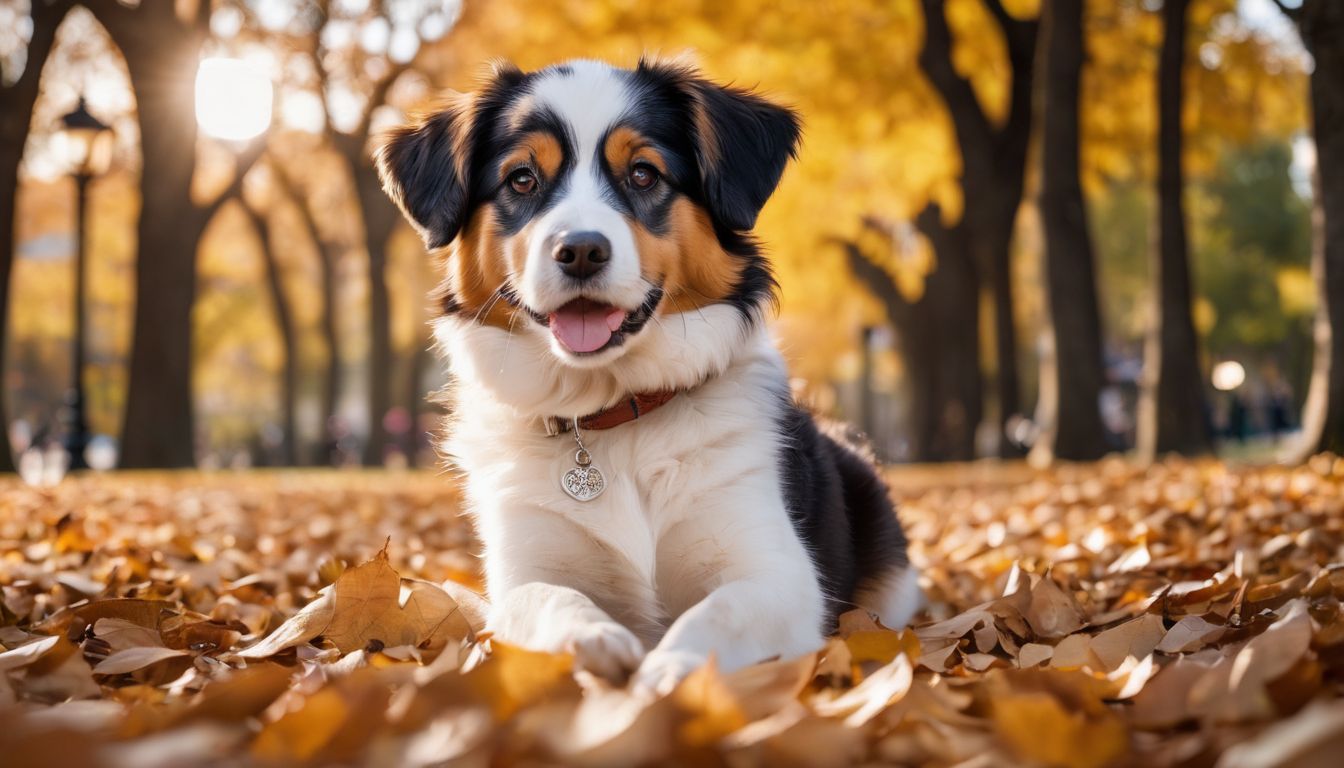Have you ever noticed why do dogs eat leaves? You’re not alone, this is a common behavior seen in dogs as well as other animals. This blog will dive into the reasons behind this leaf-eating habit, touching on elements like nutritional deficiencies and innate dog instincts.
Stick around to discover how to ensure your pup’s strange nibbling doesn’t lead to potential health risks!
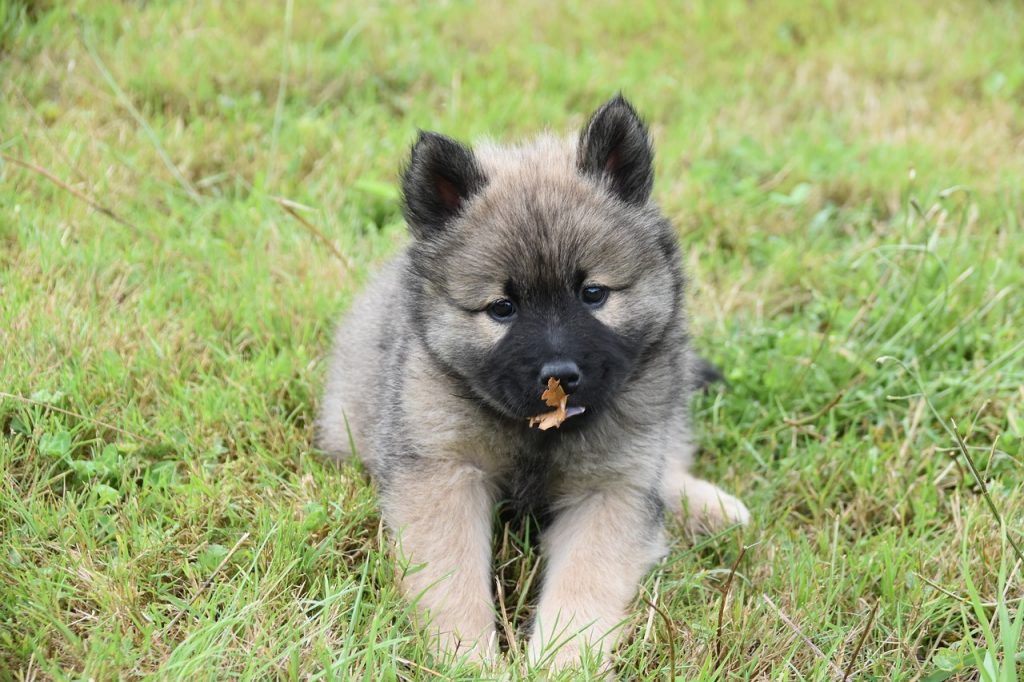
Key Takeaways
- Dogs may eat leaves due to nutritional deficiencies, instinctual behavior, or seeking attention.
- Eating leaves can be harmful for dogs and pose risks such as ingestion of toxic plants, choking hazards, intestinal upset, and allergic reactions.
- To address leaf – eating behavior in dogs, ensure a balanced diet, provide appropriate chew toys, engage in mental and physical exercise, and seek veterinary advice.
Reasons Why Dogs Eat Leaves
Dogs eat leaves for various reasons, including nutritional deficiencies, instinctual behaviors, and seeking attention.
Nutritional deficiency
Dogs may lack important nutrients in their food. This is called nutritional deficiency. Eating leaves can fill a gap in their diet. Some dogs eat leaves when they do not get enough fiber from dog food.
Fiber helps with digestion and keeps the stomach full. If your dog eats leaves a lot, it may need more fiber or other important nutrients. It is good to find out what your dog’s diet lacks if it eats leaves often.
Instinctual behavior
Dogs may eat leaves because of their instinctual behavior. This behavior is not only seen in dogs but also in other animals. It could be a natural way for them to ingest some dietary component that they need.
Dogs have been known to eat grass and leaves as part of their normal dietary habits. Some theories suggest that this behavior dates back to their ancestors, who would consume plant matter in the wild to supplement their diet with important nutrients and fiber intake.
So, if you notice your dog eating leaves, it might just be their instinct guiding them to fill a gap in their diet or meet some nutritional needs.
Seeking attention
Sometimes, when dogs eat leaves, it could be because they are seeking attention. Dogs are social animals and they might want you to notice them or play with them. So, eating leaves can be their way of getting your attention.
It’s important to understand that when this happens, it’s essential to redirect their behavior towards more appropriate forms of interaction and engagement like playing fetch or going for a walk together.
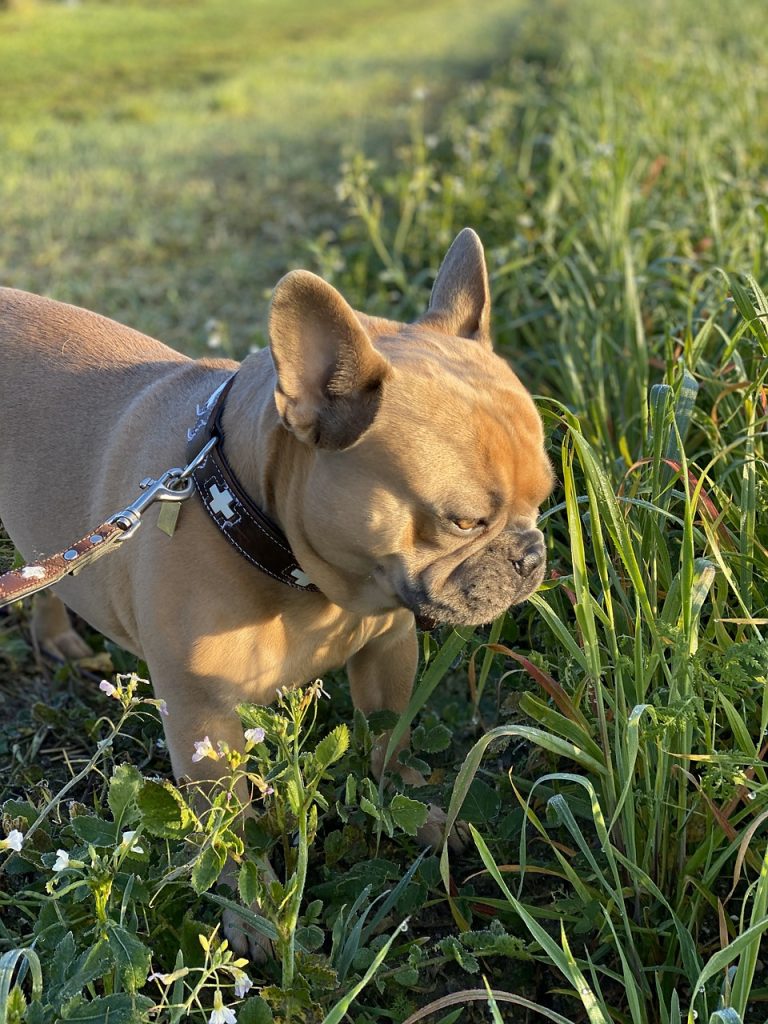
Is Eating Leaves Harmful for Dogs?
Eating leaves can potentially be harmful for dogs due to the potential risks associated with plant ingestion and the common reactions that dogs may experience, such as vomiting.
Potential risks
Eating leaves can pose potential risks to dogs. Here are some of the dangers associated with this behavior:
- Toxicity: Some leaves can be toxic to dogs and cause harm or illness if ingested. It is important to identify which plants are safe and keep your dog away from toxic ones.
- Choking Hazard: Leaves can be difficult for dogs to chew and swallow, especially if they are dry and brittle. This can lead to choking or blockages in their digestive system.
- Intestinal Upset: Ingesting leaves can irritate a dog’s gastrointestinal tract, leading to vomiting, diarrhea, or stomach discomfort.
- Pesticides or Chemicals: Leaves may have been treated with pesticides or other chemicals that are harmful to dogs if consumed.
- Foreign Objects: Leaves can sometimes contain foreign objects like sharp twigs or small insects, which can cause injuries or allergic reactions if eaten.
Common reactions
Here are some common reactions that dogs may experience when they eat leaves:
- Vomiting: Dogs may eat leaves and then vomit afterward. This can be a way for them to relieve any digestive issues or discomfort they may be experiencing.
- Diarrhea: Eating leaves can sometimes lead to diarrhea in dogs. It can cause their stools to become loose and watery.
- Stomach upset: Some dogs may experience stomach upset after eating leaves. They may show signs of discomfort, such as restlessness, pacing, or whining.
- Allergic reactions: In some cases, dogs may have an allergic reaction to certain types of leaves. This can cause symptoms like itching, skin rashes, or difficulty breathing.
- Choking hazards: Leaves can pose a choking hazard for dogs, especially if they are large or have sharp edges. Ingesting these leaves can block their airways and require immediate medical attention.
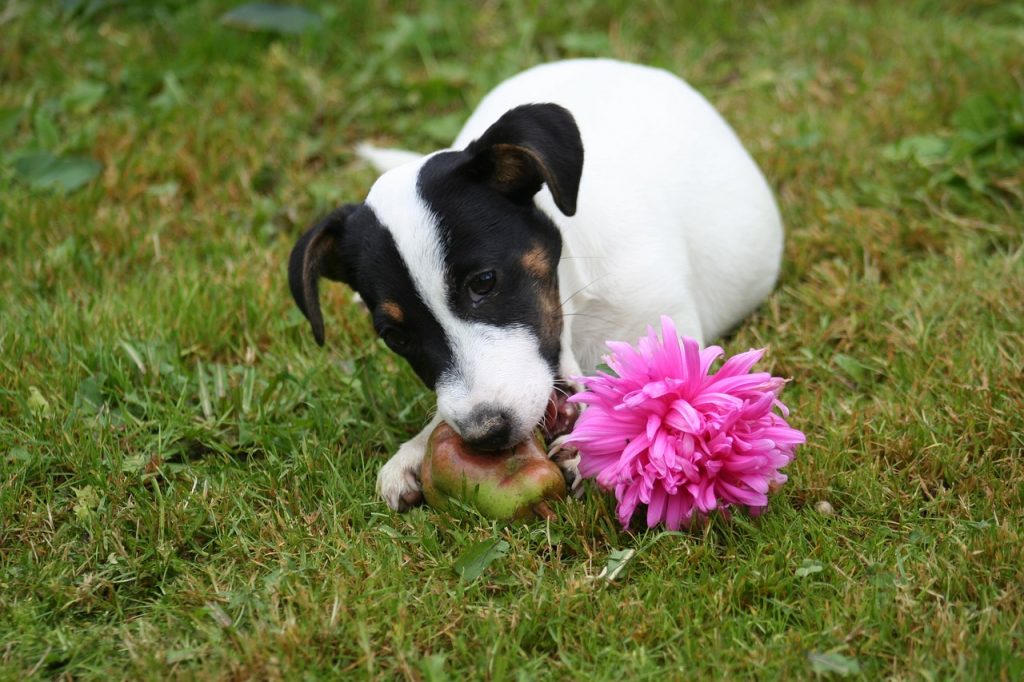
How to Address Leaf-Eating Behavior in Dogs
Addressing leaf-eating behavior in dogs involves ensuring a balanced diet, providing appropriate chew toys, engaging in mental and physical exercise, and seeking veterinary advice.
Ensure a balanced diet
To address your dog’s leaf-eating behavior, it is important to ensure that they have a balanced diet. This means providing them with high-quality dog food that contains all the important nutrients they need.
If necessary, you can also supplement their diet with fiber to fill any gaps in their nutrition. By feeding your dog a proper and nutritious diet, you can help reduce their inclination to eat leaves and promote good canine health overall.
Provide appropriate chew toys
Chew toys can be a great solution to address leaf-eating behavior in dogs. Dogs have a natural instinct to chew, and providing them with appropriate chew toys can redirect their attention away from the leaves.
Chew toys not only keep your dog occupied, but they also help promote healthy teeth and gums. Make sure to choose chew toys that are safe for your dog’s size and chewing style. Look for durable options made of non-toxic materials.
Chewing on these toys can satisfy your dog’s need to chew and prevent them from munching on leaves that may be harmful or cause digestive issues.
Engage in mental and physical exercise
Keep your dog mentally and physically active to help address their leaf-eating behavior. Dogs need mental stimulation to keep their minds sharp and prevent boredom. You can engage in activities like puzzle toys, hide-and-seek games, or training sessions to challenge and stimulate your dog’s brain.
In addition, regular physical exercise is crucial for dogs’ overall well-being and can help reduce unwanted behaviors like eating leaves out of boredom. Take your dog for daily walks, play fetch in the park, or consider joining a canine sports club where you can participate in activities like agility or flyball.
Remember that each dog has different exercise needs based on their breed, age, and health condition. Consult with your veterinarian to determine an appropriate exercise routine for your furry friend.
Seek veterinary advice
If your dog has a habit of eating leaves, it is important to seek veterinary advice. A veterinarian can help determine if there are any underlying health issues or nutritional deficiencies that may be causing this behavior.
They can also provide guidance on how to address the issue and ensure your dog’s diet is balanced and meets their needs.
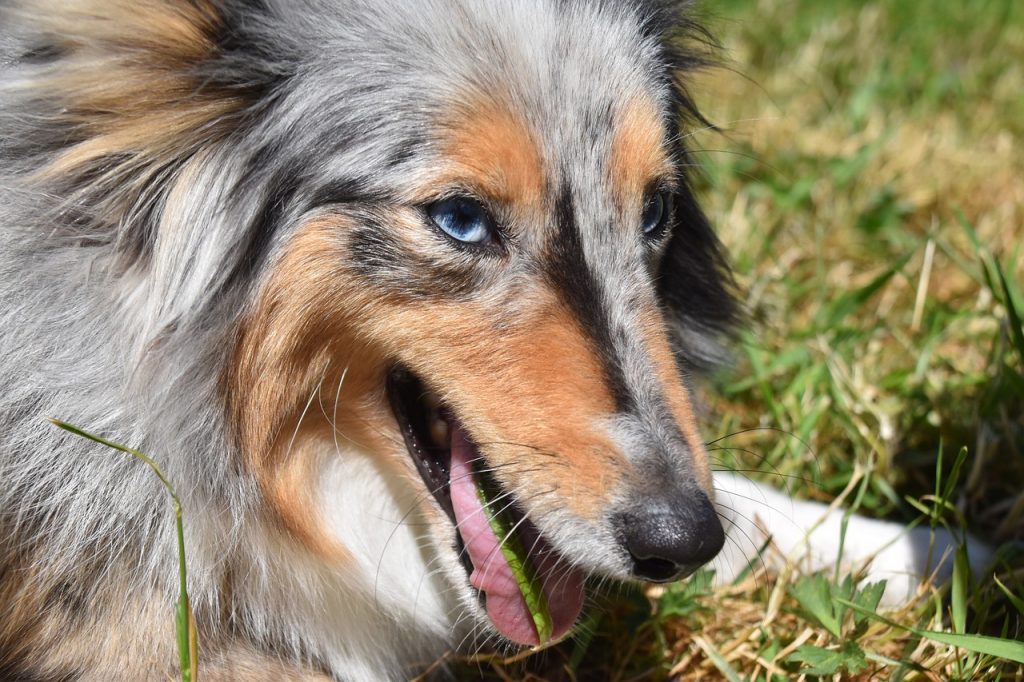
Conclusion
In conclusion, dogs may eat leaves for various reasons, including nutritional deficiencies, instinctual behavior, or seeking attention. While eating leaves can be harmful and pose potential risks to dogs, addressing this behavior through a balanced diet, appropriate chew toys, mental and physical exercise, and veterinary advice can help prevent any negative consequences.
It’s important for dog owners to understand their pet’s dietary needs and discourage leaf-eating to ensure their health and well-being.
FAQs
1. Why do dogs eat leaves as part of their canine diet?
Dogs might eat leaves to fill a gap in their diet or due to insufficient fiber intake. It could also be a way for them to explore the world.
2. Are dogs tempted by both green and dry leaves?
Yes, both green and dry leaves can tempt dogs because they are exploring through mouth, which is part of regular dog behavior.
3. Can eating leaves impact canine nutrition?
Eating an excess of leaves may not meet the nutritional needs of dogs, but it does supplement their diet if there’s insufficient fiber intake.
4. Does leaf-eating indicate boredom in dogs?
Leaf-eating can sometimes show that a dog is bored and trying new things, but it mostly ties with their dietary preferences and exploring habits.
5. Can plant ingestion lead to vomiting in dogs?
Yes, overeating any non-food item including leaves can upset a canine’s digestive system leading to vomiting.


